About
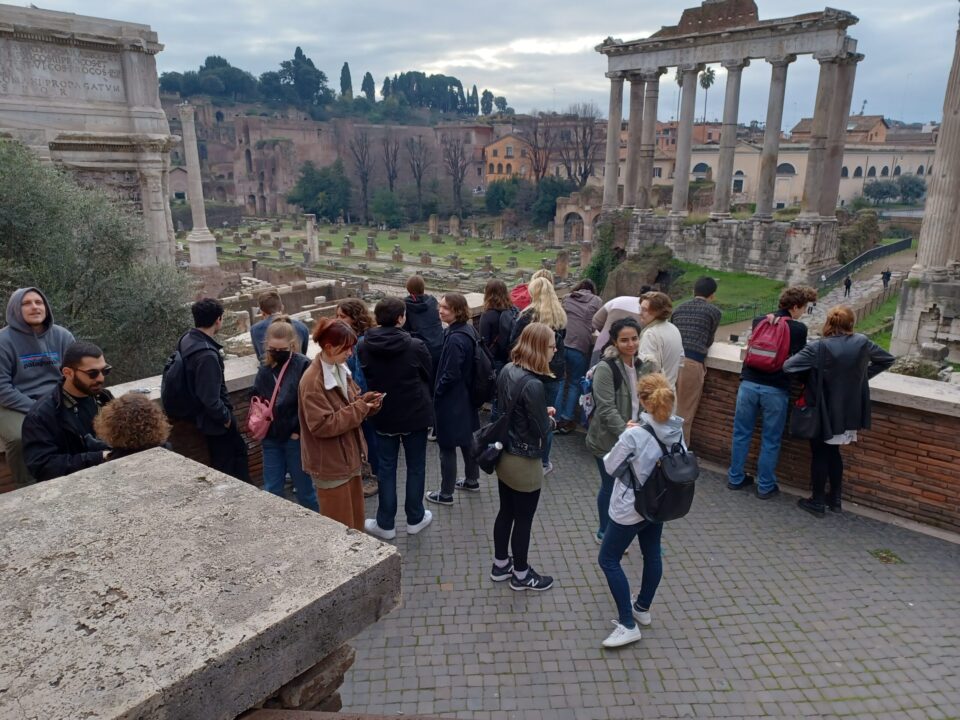
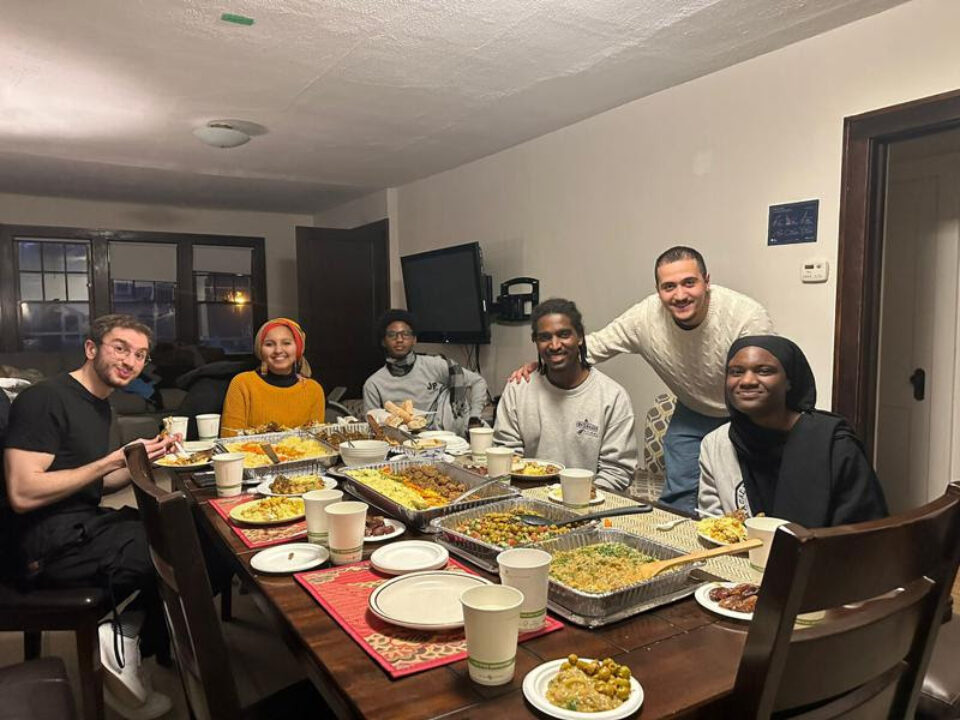
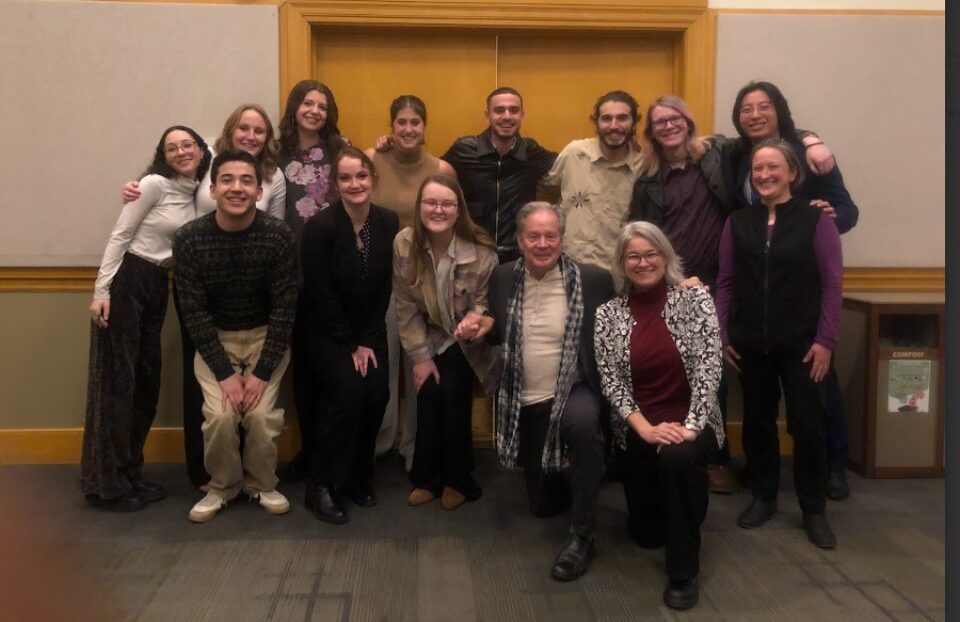
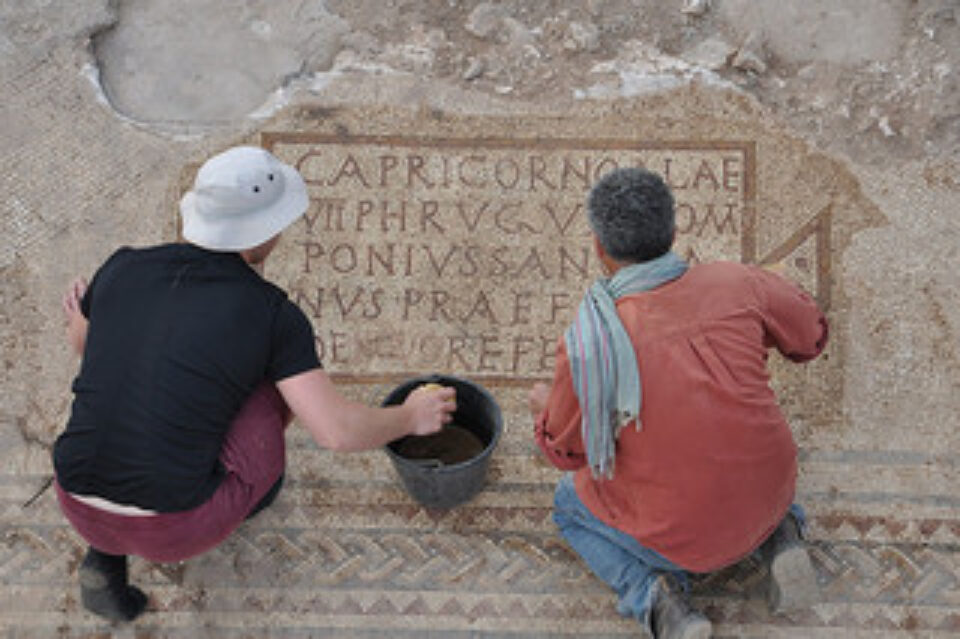
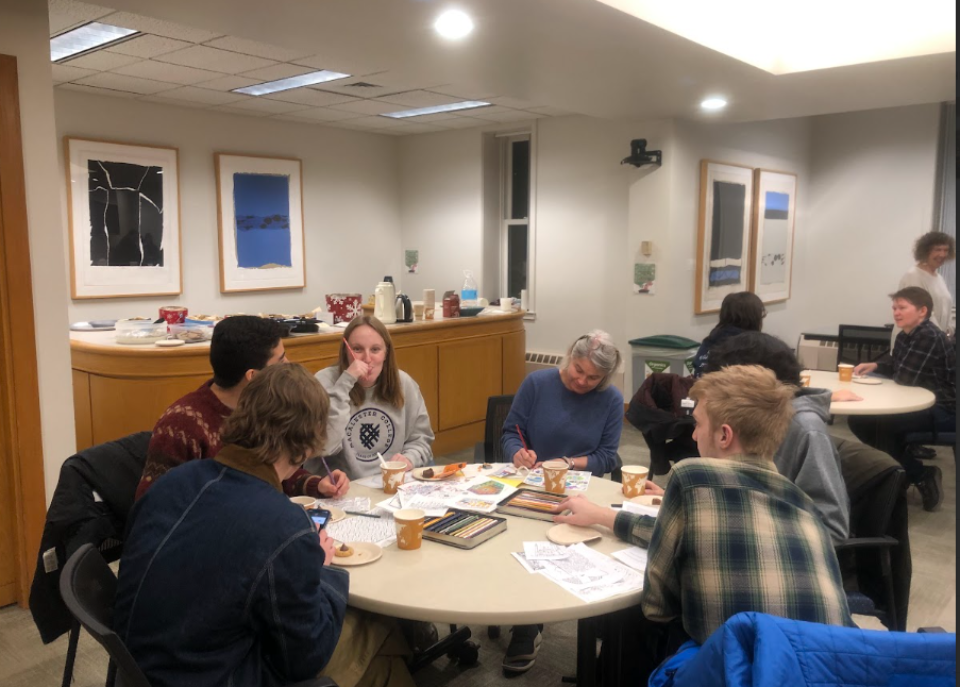
The department of the Classical Mediterranean and Middle East is largely interdisciplinary, and engages with the diverse cultures and civilizations of the ancient and modern world. CMME Students at Macalester have the opportunity to examine texts in Arabic, Hebrew, Greek or Latin; reconstruct cities and settlements from Rome to Israel through archaeological and architectural analysis; and study and interpret materials from myth to mosaics—all with the purpose of assessing the crises, failures and successes of the complex, multicultural worlds of the ancient Mediterranean.
As scholars of the classical Mediterranean and Middle East, students interpret evidence in its historical context and develop a deep linguistic, literary, cultural, religious and material knowledge of this region in antiquity. Classics provides a place for the critical analysis of ancient and foreign cultures and how their stories and histories have been received and retold in the shaping of the modern world. Above all, Classics helps students enter and engage sympathetically with a worldview different from their own, and aids in the development of their skills in writing, critical reading, language acquisition, and argumentation.